Asthma Cooperative Agreement Partner Profile – Maine
The Maine Asthma Program (MAP) has been part of CDC’s National Asthma Control Program since 2000. They work alongside partners to improve the quality of asthma care, improve asthma management in schools, and foster policies to help reduce exposure to asthma triggers in outdoor, indoor, and workplace environments.
Strategies in Action
- MAP worked with a certified asthma educator (AE-C) to develop the Asthma Self-Management Education Program (ASMEP), which offers asthma education in clinics and in homes. ASMEP is designed to be implemented by AE-Cs, public health nurses (PHNs), and community health workers. It includes seven asthma education modules and two reinforcements at one month and six months post-program. An earlier version of ASMEP was piloted in 2016 and expanded in 2019. Evaluations of the precursor program revealed 69% fewer missed school days (from 141 to 24 school days), 79% of participants reporting well-controlled asthma (compared to 30% at initiation of the program), and a 60% decrease in hospitalizations due to asthma after completion of the program. Additionally, an economic evaluation of the program has shown that for every dollar invested in the program, $1.80 (at seven months follow-up) and $3.09 (at 12 months follow-up is saved in averted healthcare costs and lost productivity. ASMEP is currently being implemented by Maine Health, a non-profit health system, and the state’s Public Health Nursing Program. MAP is also working to achieve linkages to community agencies for home energy assistance and lead abatement.
- MAP produced the Childcare Asthma Toolkit, a packet of asthma education and outreach materials oriented to childcare providers. The packet includes a checklist for asthma-friendly childcare, prevention and control warning signs for asthma, and guidelines for communication with parents. The toolkit was distributed to approximately 1,600 licensed childcare providers across the state in March 2022.
- MAP assisted the Maine Indoor Air Quality Council in producing the Maine Indoor Air Quality Council Recommendation for Dealing with Mold/Moisture Problems in Rental Properties in March 2020. This guidance document lays out landlord and tenant responsibilities in preventing moisture and mold problems, educates on the potential health consequences of mold exposure, and identifies best practices both for moisture and mold issue prevention and for good landlord-tenant communications. It is a resource available for professionals implementing ASMEP in homes and is promoted at conferences and trainings.

Asthma by the numbers:
115,621 Adults with asthma
17,827 Children with asthma
In 2020, a total of 115,621 Maine adults (10.6% of the adult population) had asthma, and 17,827 Maine children ages 0–17 years (8.0%) had it.
4,240 ER visits
343 Hospitalizations
In 2019, Maine saw 4,240 emergency department visits and 343 hospitalizations due to asthma.
National Asthma Control Program: EXHALE
E
on asthma self-management
X
smoking and exposure to secondhand smoke
H
visits for trigger reduction and asthma self-management education
A
of guidelines-based medical management
L
and coordination of care across settings
E
policies or best practices to reduce asthma triggers from indoor, outdoor, or occupational sources
CDC’s National Asthma Control Program (NACP) and its partners help people with asthma achieve better health and improved quality of life. NACP developed EXHALE, a set of six public health strategies that each contribute to better asthma control.
Each EXHALE strategy has been proven to reduce asthma related hospitalizations, emergency department visits, and healthcare costs. Using the EXHALE strategies together in a community can have the greatest impact.


